TMS Delivers on NASSTRAC’s Five Common Sense Suggestions for Shippers
Supply Chain Collaborator
AUGUST 14, 2019
A whopping 87% of respondents believe next-gen tech will have transformative effect on transportation operations. It is no longer sufficient to manage transportation using best guesses. Using the historic shipping data captured in a TMS, shippers can make data-driven, predictive plans. Step 4 – Adopt 21 st century technology.



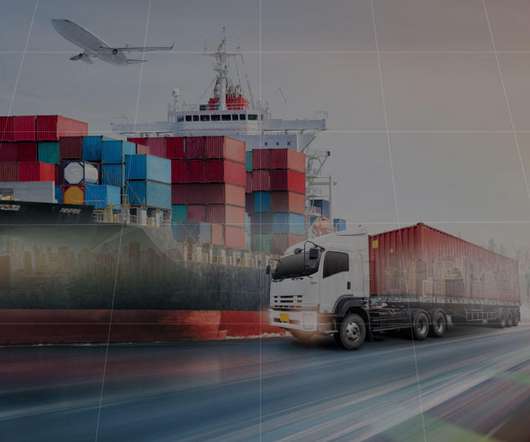

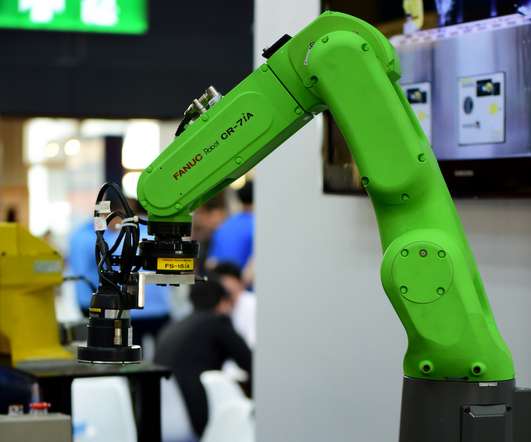


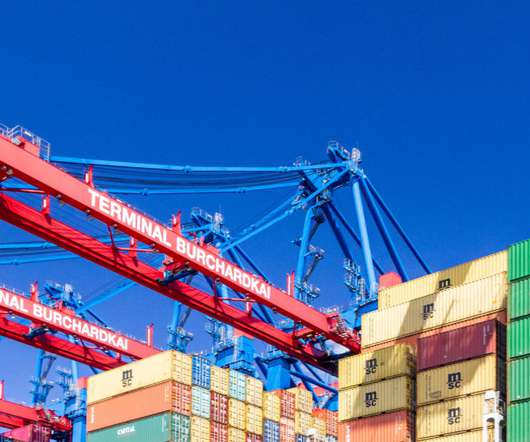
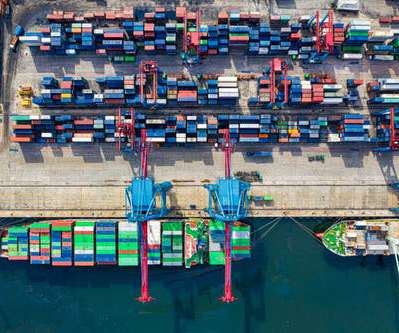
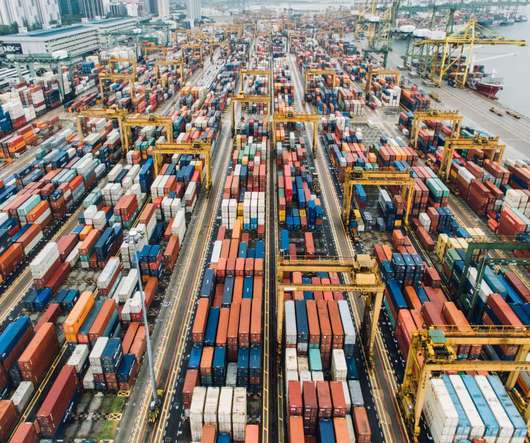















Let's personalize your content